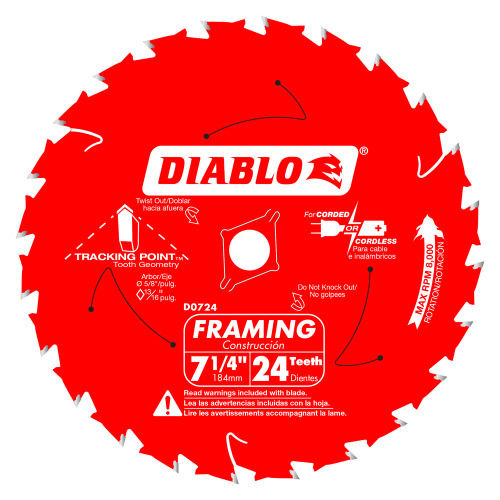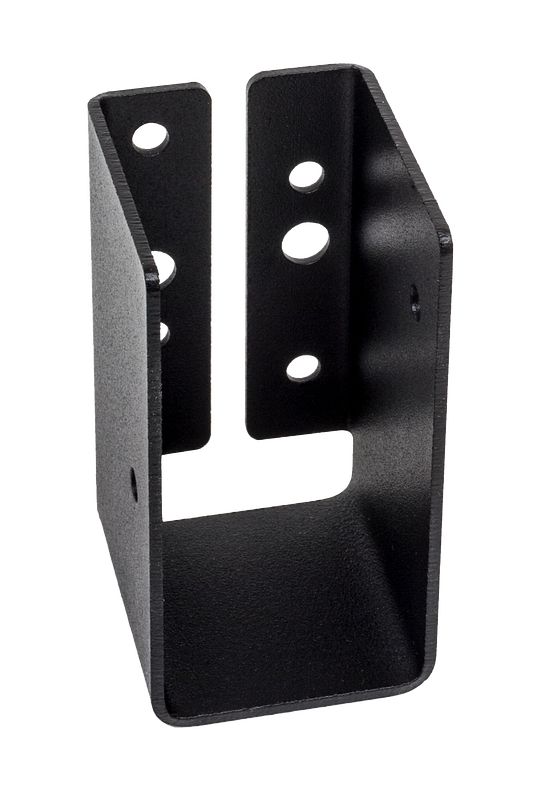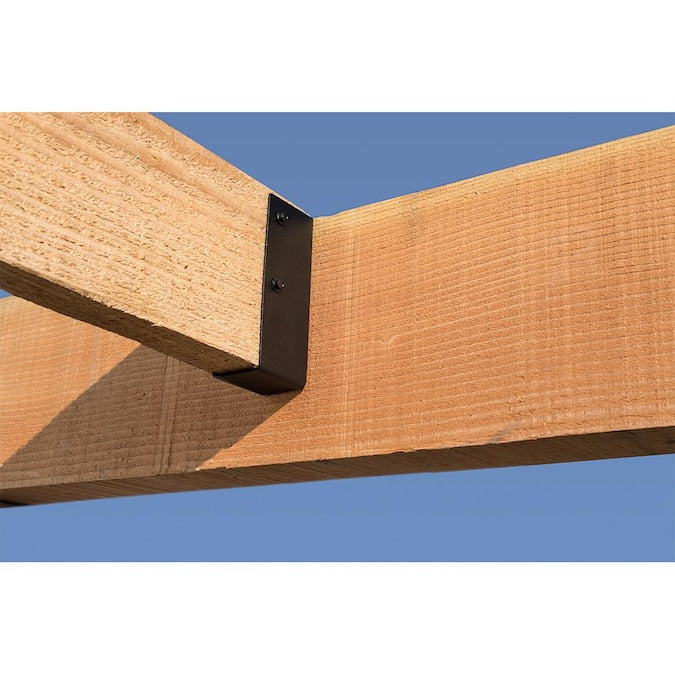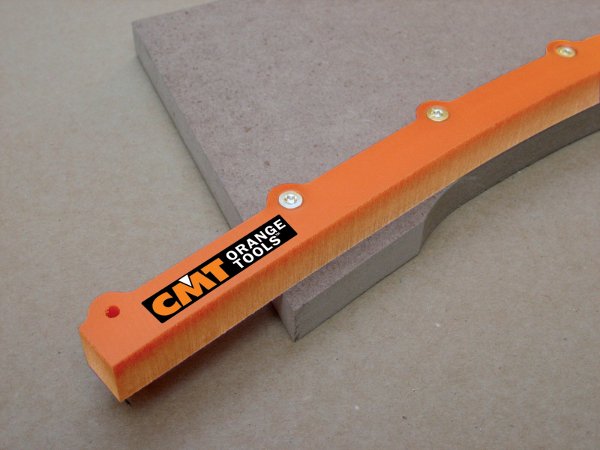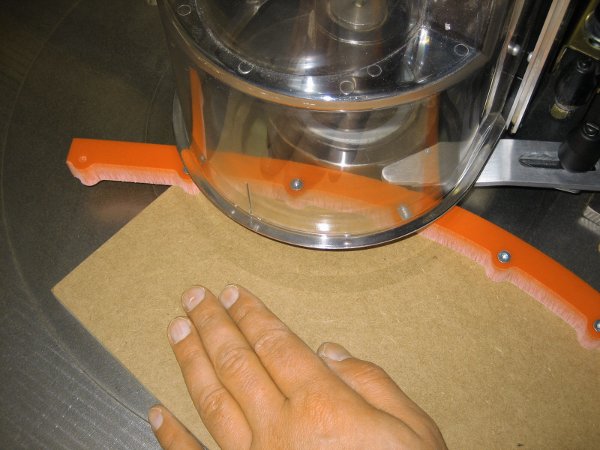Picture yourself relaxing on your deck outdoors on weekends. You can enjoy the sun and the breeze at the same time. You've put in the time and effort to build the perfect space for relaxation and entertainment, but have you considered the small yet crucial components that hold it all together? Yes, we're talking about deck screws. These tiny but mighty fasteners play a significant role in ensuring that your deck is sturdy, safe, and long-lasting.
In this article, we will talk about deck screws. You'll learn about their types, sizes, and materials. Also, you'll understand how they make your deck stronger and more secure.
Understanding Deck Screws
Deck screws are essential components when it comes to building outdoor structures. They are specifically designed to withstand harsh weather conditions and other environmental factors that could cause regular screws to fail. These fasteners are special and versatile. They work for many things, like decks, fences, garden furniture, and outdoor playsets.
One of the most significant advantages of deck screws is their durability. The materials used to make them are top-notch, like stainless steel. They also have a coating that resists rust like zinc or polymer. They don't rust, rot, or get damaged by water, sunlight, or extreme temperatures.
Another key benefit of deck screws is their design. They have specific qualities like sharp points that help them go into wood easily. They can also drill on their own, so you don't need to make holes beforehand.

Strength of Deck Screws
Deck screws need to be strong enough to keep your deck, fence, and pergola safe and long-lasting. There are several factors that can influence the strength of deck screws, including the material they are made from, their size and length, as well as the installation technique used.
Deck screws are made for outdoors and are stronger than other screws. These screws are best for keeping outdoor structures in place, including decks and railings.
However, it's crucial to understand that not all deck screws are created equal. Certain screws can rust easier, and some may not be strong enough for certain woods or weather. Deck screws may not be as strong as you think.
To prevent problems, pick the right deck screws for your task and install them correctly. Here are some tips to help you make the right choice:
- Deck screws are available in various materials, including stainless steel, ceramic-coated steel, and composite materials. Stainless steel screws are strong and resist corrosion. They're great for projects near the ocean or when working with hardwoods. Ceramic-coated screws resist rust better and work well with wet wood and high-pressure settings.
- Deck screws should fit the thickness and density of the deck material. Use screws that are the right size and length. Using longer screws means better holding, but they can damage the wood if they're too long. Check with the decking material maker to find out what kind of screws they recommend.
- Proper installation is key to making deck screws strong. Pre-drill pilot holes to avoid splitting wood. This also helps with driving screws straight and at the right depth. Additionally, using a torque-controlled drill or impact driver can help prevent over-tightening, which can weaken the screw's holding power.


